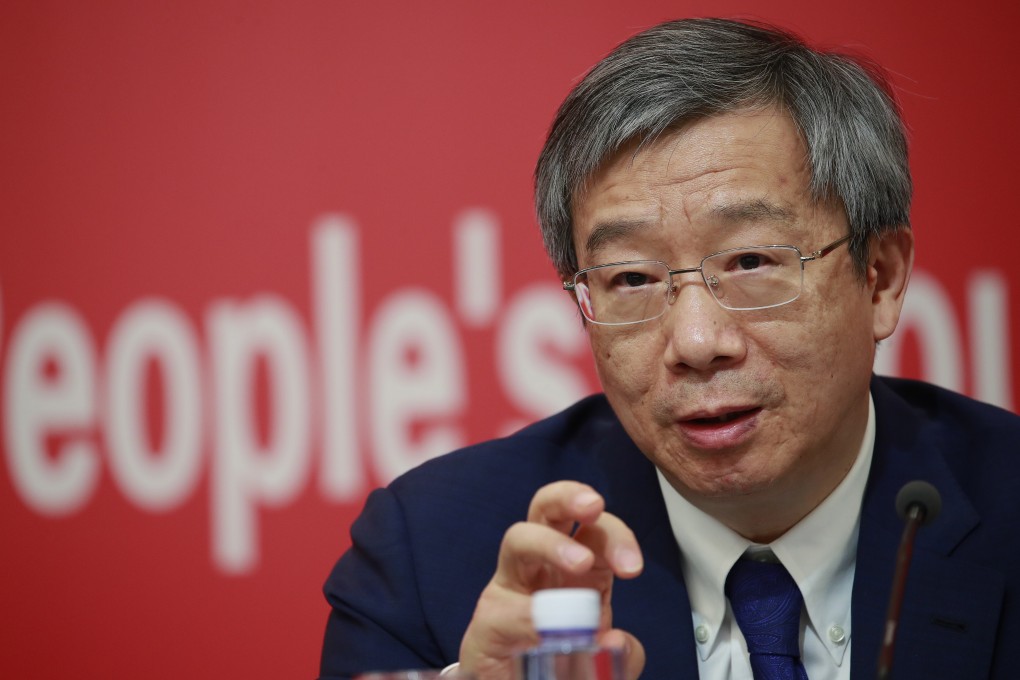Advertisement
China’s central bank chief Yi Gang says climate-related stress test results will be released
- Wider testing of the financial system in China is designed to gauge the readiness of lenders to deal with future shocks
- Yi Gang says pilot programmes with ‘climate-related evaluations of commercial bank assets’ have begun
3-MIN READ3-MIN

China will publish the results of climate-related stress testing of its financial sector at an undefined point in the future, said central bank chief Yi Gang at a financial conference on Friday.
The country has been conducting the review alongside an unprecedented testing of all its 4,024 banks this year.
The wider testing is designed to gauge the readiness of lenders to deal with future shocks, amid growing worries over rising debt levels in China and the economic effects of the coronavirus pandemic, while the more specific climate-related tests seek to address concerns over climate change.
Advertisement
“I am sure that in the future, we will publish the results,” the People’s Bank of China (PBOC) governor said on a virtual panel featuring some of the world’s most powerful central bankers.

02:01
China’s economy expands record 18.3 per cent in the first quarter of 2021
China’s economy expands record 18.3 per cent in the first quarter of 2021
He added that pilot programmes have begun with commercial banks around “macroprudential and also climate-related evaluations of commercial bank assets” in the world’s second largest economy.
Advertisement
Advertisement
Select Voice
Select Speed
1.00x